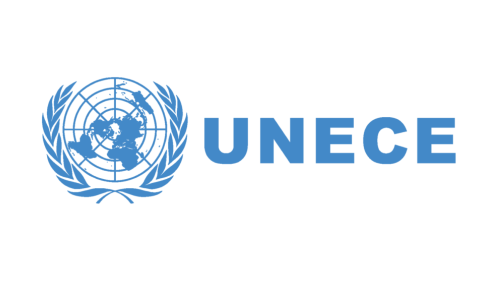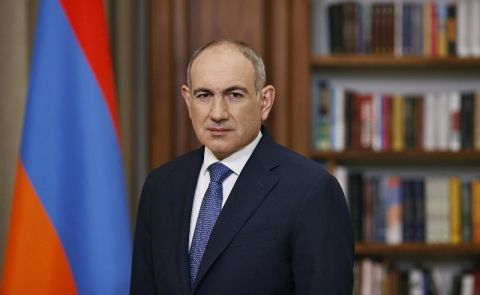
Warns of Russian Influence, Reaffirms Georgia's Commitment to Europe at Warsaw Forum
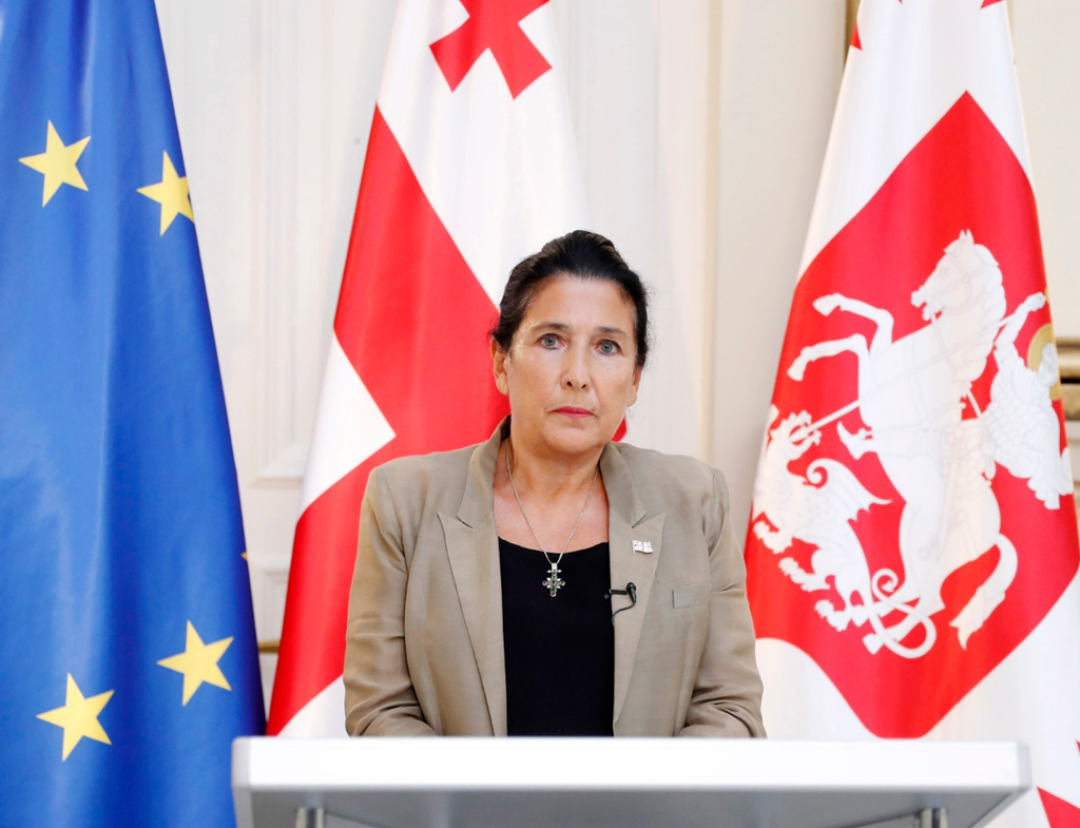
On October 1, Salome Zourabichvili, the President of Georgia, participated in the Warsaw Security Forum, addressing European security issues on a panel titled "Key Lessons for European Security."
With elections in Georgia scheduled for October 26, she emphasized that democratic and pro-European forces have always represented the majority in the country. She expressed confidence that the Georgian population, which has withstood both war and Russia's persistent efforts to divert the country from its European path, remains steadfast, with 80% supporting Georgia's European future.
The president described the upcoming elections as decisive, given the forces working against the will of the Georgian people. She affirmed that Georgia's future lies in Europe and that Ukraine's struggle for independence and European freedom safeguards Georgia's future. This battle also shapes the security and future of the Black Sea region, fostering cooperation and peace while defining the role of Europe and its Western partners in the Caucasus. The president further noted the significance of Armenia's rapprochement with the European Union, adding that these developments underscore the importance of maintaining peace and ensuring people's free will in Georgia and Moldova prevails.
She warned of the dangers posed by the current situation, where democratic freedoms in Georgia appear to be receding. While Ukraine faces military aggression, Georgia is grappling with a hybrid war of propaganda, pressure, and fear. The president explained that Russian influence in Georgia is evident, particularly with laws designed to suppress civil society. She acknowledged the reality of these threats but expressed confidence that the Georgian people, who have historically fought for their independence and European aspirations, would overcome them.
Addressing concerns that some citizens might believe it is better to yield to Russian influence, the president rejected this notion, stating that Georgia's long history with Russia has shown that compromise does not lead to peace. While some within the government might nod toward this idea, she said this group is small and tied to privileges, corruption, and political compromise. She reiterated her belief that the Georgian people, informed by their historical experiences, understand that their future lies in Europe.
When asked about the likelihood of Russia taking military action if things do not go as expected in Georgia, the president dismissed the idea, suggesting that Russia is not in a position to pursue such a strategy in Georgia. Instead, she emphasized that Russia's approach in Georgia is primarily political, with the ruling Georgian Dream party acting as a carrier of Russian interests. Ukraine remains Russia's main focus, and the president hoped Ukraine would emerge stronger. She underscored that solidarity with Ukraine and its victory would be the best response to the threats Georgia faces.
Regarding the possibility of peace being achieved "at any price," the president warned that true peace only comes with justice, freedom, and respect for national independence. She added that peace can only be sustainable when Russia recognizes and respects its own borders and those of its neighbors.
The president also touched on the importance of international support, particularly in terms of moral support for the Georgian people ahead of the elections. She stressed that having international observers would send a strong message that Georgia is not alone, even if the observers cannot directly influence the results. For Georgia, a small country, isolation remains the worst nightmare.
Finally, when asked about former President Mikheil Saakashvili's imprisonment and the state of the Georgian judicial system, the president called for a complete overhaul. She pointed to the "Georgian Charter" signed by pro-European parties, which commits to deep justice system reforms after the elections. While acknowledging the challenges of being a politician in Georgia, given her own impeachment proceedings, she remained optimistic that these reforms would be enacted swiftly in partnership with European and American allies.
See Also

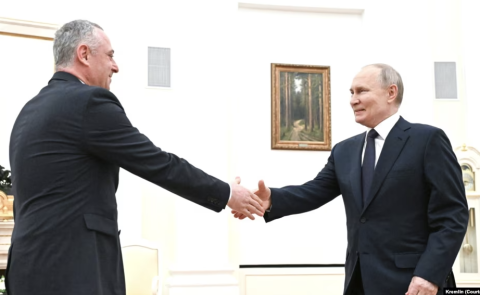
Abkhazia’s Separatist Leader Discusses Relations with Russia

CoE Commissioner Addresses the Georgian Government
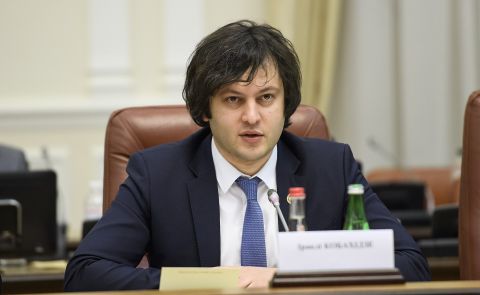
Kobakhidze Announces Plans to File Lawsuit to Ban the "Collective National Movement"
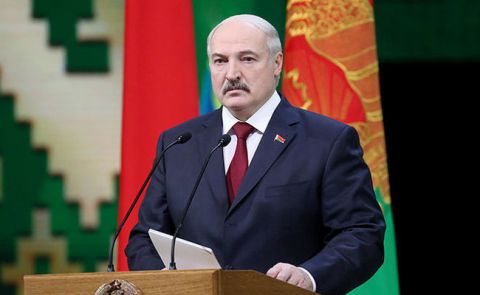
Belarus Affirms It Has Never Been an Adversary to Georgia
